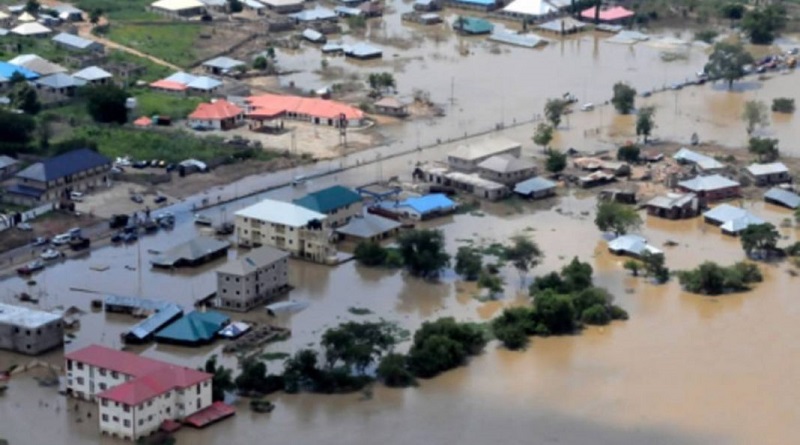UNISDR study reveals increase in economic losses caused by climate-related disasters
A new report by the United Nations Office for Disaster Risk Reduction (UNISDR) has revealed a sharp increase in economic losses caused by climate-related disasters during the past 20 years.
The report came against the backdrop of accelerating extreme weather events around the world.
The number of reported direct economic losses rose from US$ 895 billion between 1978 and 1997 to almost US$ 2,300 billion during the past 20 years.
The findings further underscore the urgency to decarbonize the global economy and to build resilience to climate change, notably for the most vulnerable.
While both developed and developing countries struggle with more frequent floods, droughts and temperature extremes, the authors underlined what they call a “protection gap” between rich and poor countries:
“Those who are suffering the most from climate change are those who are contributing least to greenhouse gas emissions”, said Professor Debarati Guha-Sapir, head of the Centre for Research on the Epidemiology of Disasters (CRED).
The report recommends the integration of disaster risk reduction into investment decisions as the most effective way to counter the threat that disasters pose to the development of countries.
Disaster type
Data in the report shows that climate-related disasters accounted for 91% of all recorded disasters over the past 20 years, with floods and storms being the most frequently occurring climatic disasters.
While USA, China, Japan and India experienced the highest total loss, only one high-income territory ranked among the “top ten” in terms of annual average percentage losses relative to GDP.
UNISDR
Earlier this week the Intergovernmental Panel on Climate Change (IPCC), the UN’s leading scientific body on Climate Change, warned that extreme weather events could become even more frequent if countries fail to improve their national climate plans and align them with the goals of the Paris Agreement.
In a special report, the panel concluded that “far-reaching and unprecedented changes in all aspects of society” are needed to achieve the 1,5°C target agreed in Paris. The authors stressed that many of the worst climate change impacts could be avoided by limiting global warming to 1.5°C, compared to 2°C. They also pointed out that the current extreme weather is the result of only 1°C warming in the climate system.




